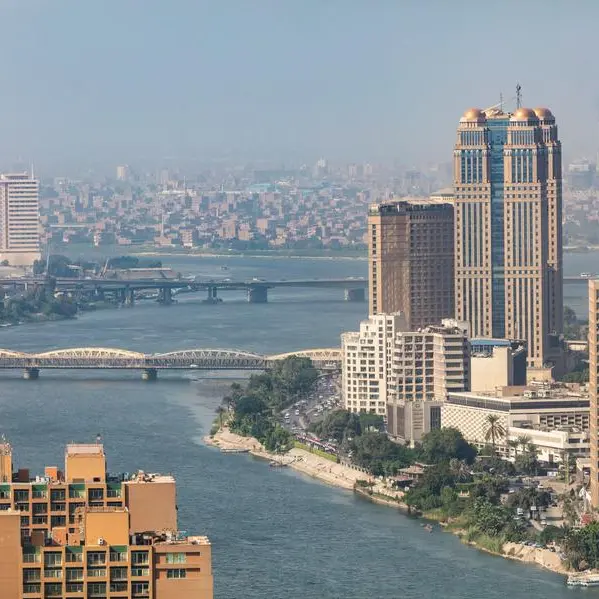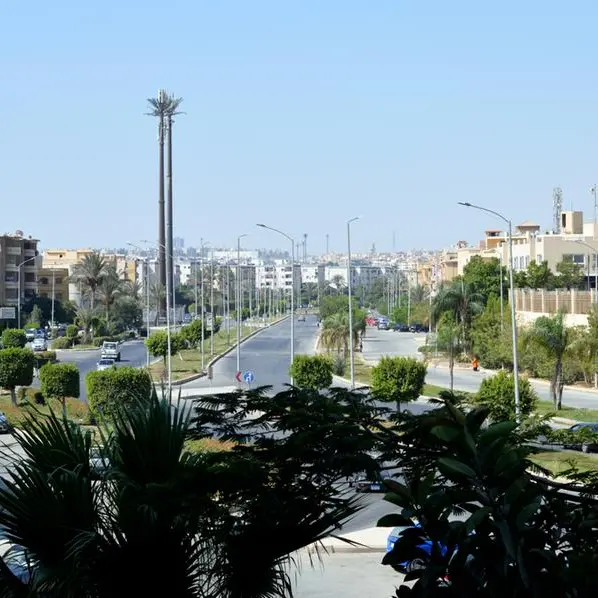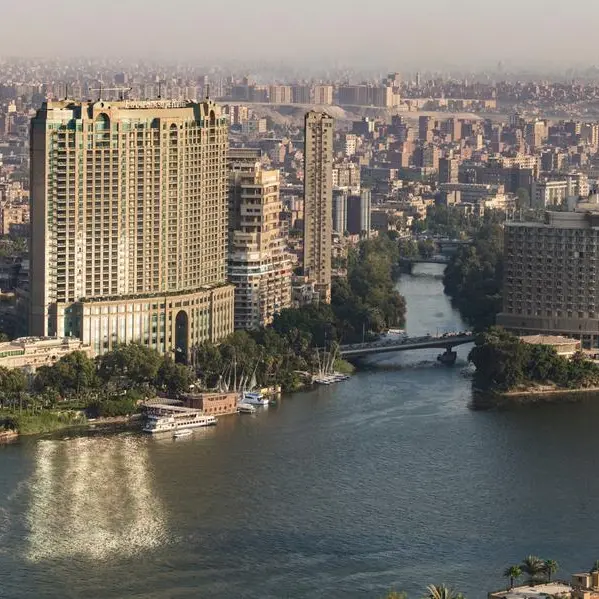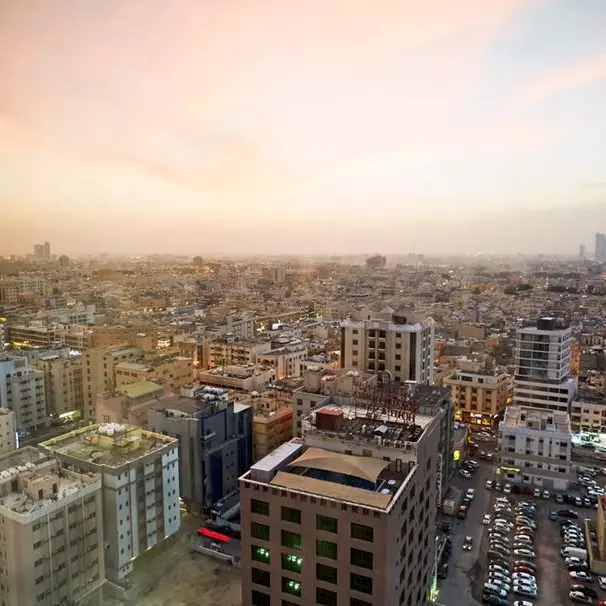PHOTO
The Arab world is in crisis yet again. Displays of public outrage and despair have become the norm, as have violent crackdowns by governments determined to maintain the status quo. In Lebanon, Sudan, Algeria, Tunisia, Iraq, Yemen, Syria and Libya, there are common threads — war, stagnant economies, rampant corruption, dilapidated infrastructure and poor public services and utilities, or tax increases, unemployment and austerity.
Yet these are merely the most visible signs of fundamental inadequacies that have beset some Arab countries, especially after the so-called Arab Spring in 2011. No clamor for true democracy, nor the taking up of arms, will deliver outcomes acceptable to aggrieved people; all they achieve is apathy, tragedy and grief. Piecemeal solutions or desperate ploys offering short-term relief will not work, because they ignore or trivialize the root causes of the unrest. It is particularly insulting to citizens demanding a voice and a seat at the table — the right to determine their fate — when governments respond with crumbs and leftovers as “solutions.”
This is not, and never has been, about state cash handouts; young people do not dedicate their time and energy to obtain an education, only to end up on the public dole. Such dismissiveness, such jostling among politicians seeking to turn the hunt for solutions into political wins or election campaign fodder, demonstrate only how far out of touch they are, which angers protesters even more. What ailing Arab countries need are radical, whole-society solutions with sufficient momentum to inject hope in the short term, and deliver tangible results in the medium to long term.
Young people are encouraged to acquire an education and Arab governments spend inordinate sums of money providing it, which is necessary, desirable, noble and wise. However, at the end of that education lies a bitter reality, because societies have predicated “success” on the accumulation of wealth; and that works only when as few as possible hoard as much as possible, to the detriment of the rest.
Defining success only by wealth skews decisions on potential careers, leading to saturation in some fields because there are too many candidates for too few jobs. The rigidity of curriculums also leaves the educated jobless unprepared to adapt to other career paths. That fuels unemployment and frustration, which is now spilling out on to the streets.
This is not an argument to undo literacy programs or dilute education in general, but reforms are needed to introduce more flexible, topical curriculums inspired by international best practice and market needs. In this way, vocational students would have the entrepreneurial spirit, adaptability and hunger for innovation typical of academics, and would have no qualms about a career in a skilled trade.
Education reform must be combined with labor reforms to restore dignity to all kinds of work. That means laws that guarantee fair compensation, industry standards and competency requirements via licenses, and discouraging anti-competitive behavior in sectors such as skilled trades, agriculture, small-scale retail, transport, health care and education. In this way, small-scale operators would have sustainable markets, with sufficient demand generating revenues that can pay living wages to workers. The extra income to public coffers from licensing fees and fines is an added benefit.
However, it is futile for governments to institute top-down reforms and expect bottom-up outcomes, given their already high levels of public mistrust and lack of credibility; even the best policies will be greeted with contempt. Instead, they must engage ground-level public officials in managing transformations, rather than treat them as bystanders or caretakers. This would deliver more ownership, increased motivation and sufficient flexibility to alter policies to suit a particular region’s needs.
At the top, monetary policy should encourage lending to new small businesses; entrepreneurship workshops should encourage the formation of co-ops, enabling small-scale producers to share costs and generate scale to negotiate better prices with suppliers. Policy should also target high-employment sectors, which would briefly address unemployment issues and inject much-needed momentum while longer-term transformation is in the pipeline.
Taken together, all these reforms would give new entrants to the workforce sustainable employment opportunities, enforceable workplace protections and guaranteed wages. In turn, higher incomes translate to increased demand and consumption, creating growth for re-energized private sectors. Eventually, governments should relinquish their active participation in economies and become regulators, enforcers and stabilizers via decentralization, privatization and asset sales. This would rationalize public expenditure and give governments greater control of spending priorities to better suit regional peculiarities — rather than centralized policies that ignore them, stunt growth and fuel antipathy.
These are just a few of numerous policy combinations the Arab world should examine. Tax increases, austerity and subsidy cuts may work under a strongman’s rule, but growing economies need not come at the expense of people’s rights or freedoms; that only creates the potential for a different kind of unrest. The more effective alternative is a technocratic government that is open to criticism, invites input and does not resort to authoritarianism when faced with public unrest.
There is no point in stubbornly maintaining the status quo while a nation tears itself apart. If anything, to do so guarantees only that there will be a second and third Arab Spring, and this time citizens will know not to let up at the first promise of a change that never comes. This time, the unrest will not end until something entirely new replaces what much of the Arab world has now.
- Hafed Al-Ghwell is a non-resident senior fellow with the Foreign Policy Institute at the John Hopkins University School of Advanced International Studies. He is also senior adviser at the international economic consultancy Maxwell Stamp and at the geopolitical risk advisory firm Oxford Analytica, a member of the Strategic Advisory Solutions International Group in Washington DC and a former adviser to the board of the World Bank Group. Twitter: @HafedAlGhwell
Copyright: Arab News © 2019 All rights reserved. Provided by SyndiGate Media Inc. (Syndigate.info).




















